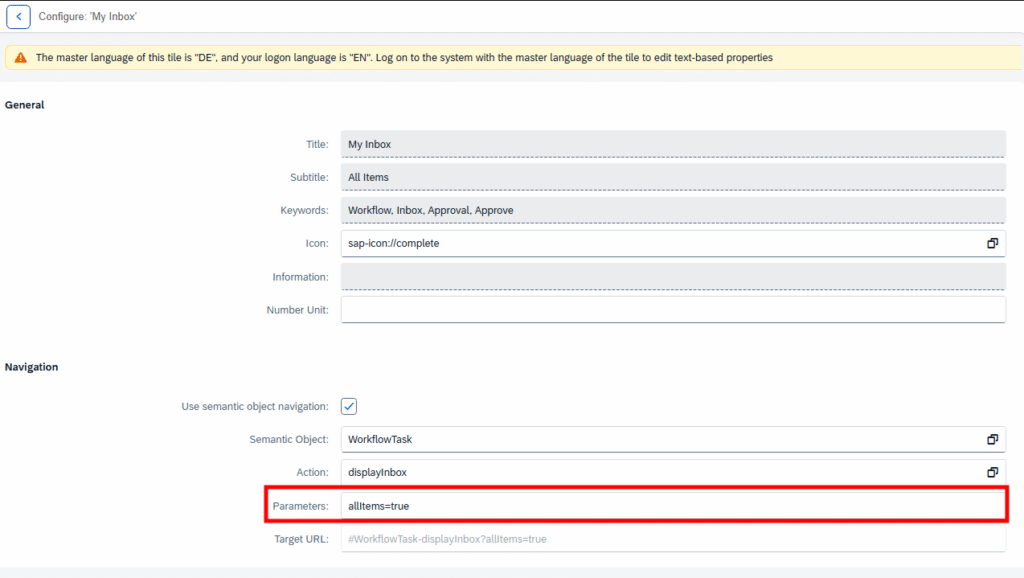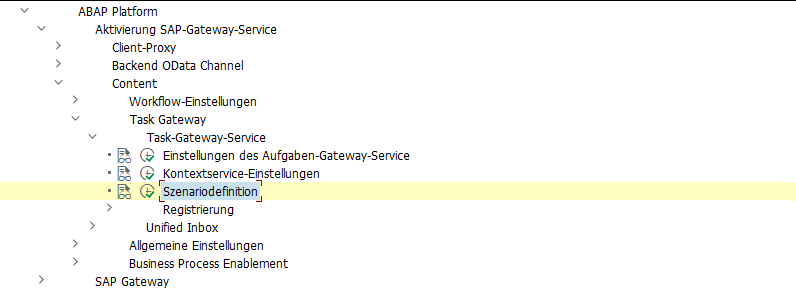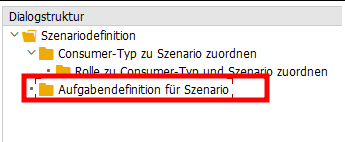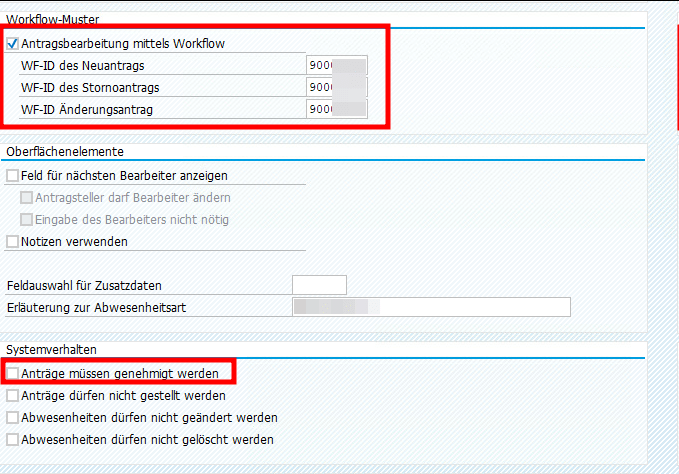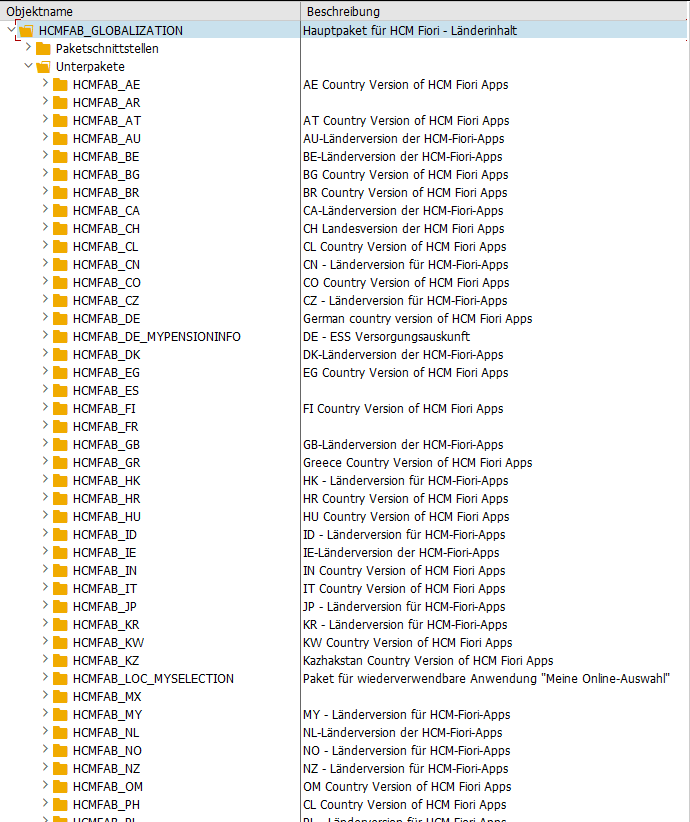I recently had the situation, that after a standalone Gateway System got patched, a custom app in the My Inbox app did not load anymore, when clicking on a workitem. When opening the network tab in the dev tools, you could see three requests send over and over again. It called the manifest.json, a batch request to the OData Service and some i18n.properties calls. You could also see the app files in the sources tab, which means that app had already loaded correctly but could not be displayed because it kept restarting for some reason.
When searching via Perplexity, I found the following post in the SCN: https://community.sap.com/t5/technology-q-a/sapui5-custom-app-navigation-from-myinbox-calls-app-in-infinite-loop/qaq-p/690650
But moving the “parent” property did not help, although the described issue sound similar.
Since everything worked before the system patch and the custom app wasn’t changed, it must have been related to an updated My Inbox app or to the new UI5 version, which affected the custom app.
When scrolling through my bookmarks, I found this note: 2305401 – Integration of SAPUI5 Fiori Applications into My Inbox 2.0
When checking the attached PDF, I found the following in chapter 4:

This “repeatedly loading” was exactly my problem! And since the Gateway got patched, I guess a new My Inbox version came with it. When checking the manifest.json in the custom app, there was no async property at all.
After adding "async": true to the mainfest.json, the custom app started to load successful again. Nice!

